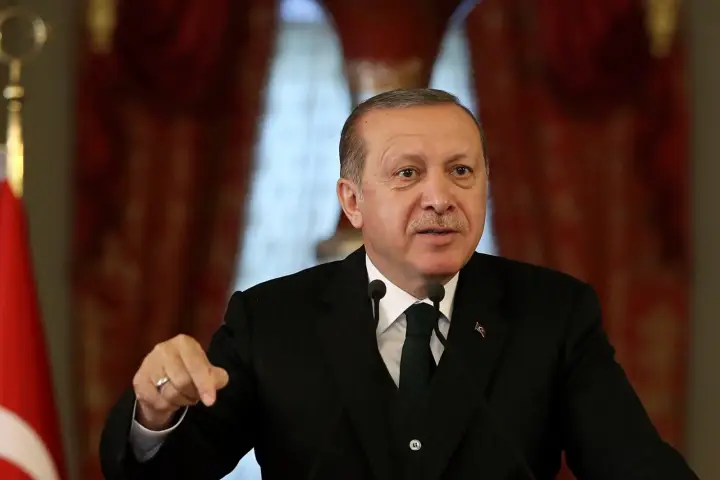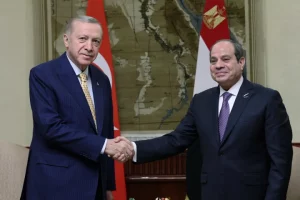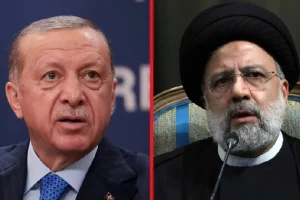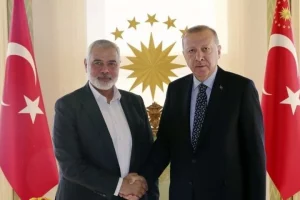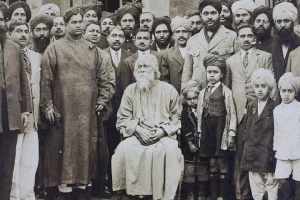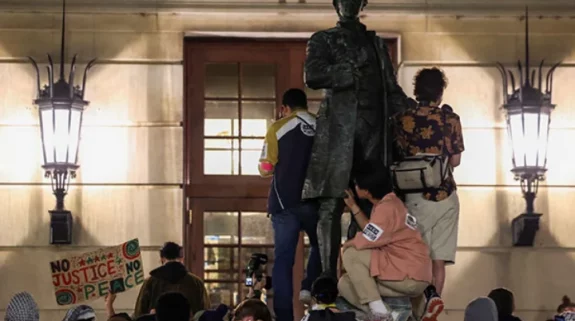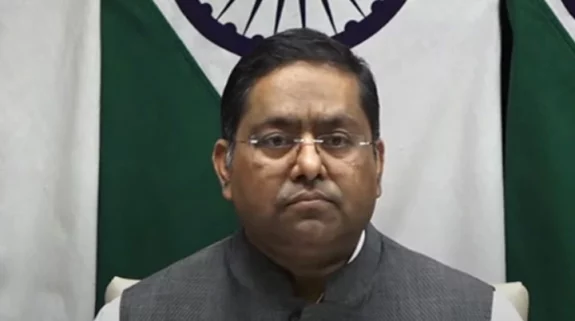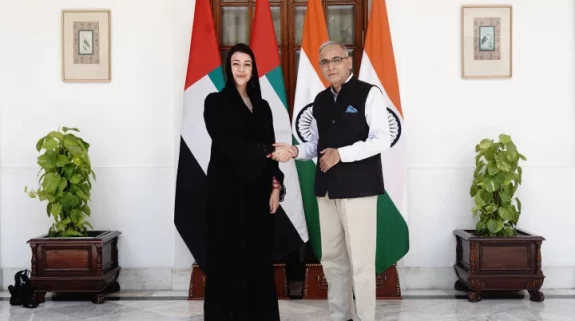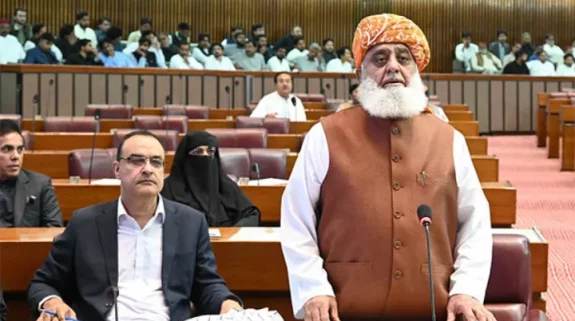Worries for Turkish President Recep Tayyip Erdogan are rising steadily as his economic policies have come under scrutiny with the free fall of the lira—the country’s currency. The lira, the worst performing currency this year, has lost about 45 per cent of its value leading to fear and anxiety among its citizens. Anti Erdogan protests have erupted at a few places.
Despite Turkey registering healthy growth—in the third quarter of the current year it grew by 7.4 per cent — Erdogan has been vociferous about maintaining low interest rates. But that is not all.
Anindya Banerjee, DVP, Currency Derivatives & Interest Rate Derivatives, Kotak Securities told India Narrative that a combination of issues including high inflation, a “compromised” Turkish Central Bank—senior Central Bank officials including the governor and deputy governor have been replaced in the last few months along with instability in the political situation have led to the rapid devaluation of the lira.
Also read: Turkey challenges Russia, pushes into Central Asia with Organisation of Turkic States
Amid the current crisis, the country’s finance minister Lutfi Elvan resigned on Wednesday. Erdogan appointed Nureddin Nebati as the new finance minister.
Turkey’s inclusion in the Financial Action Task Force’s (FATF) grey list along with other countries such as Pakistan, Zimbabwe, Syria and Burkina Faso has made things even worse.
“The emerging markets will have to be careful and especially after any crisis-like situation when typically interest rates come down, the tapering off needs to be well calibrated. The Turkish foreign exchange reserves have also bee depleting,” Banerjee said.
What has surprised economists and money managers around the world is Erdogan’s insistence on maintaining low interest rates even when inflation rate has been high. Turkey’s inflation rate has been in double digits through 2021.
Small wonder, his theory that cheap money automatically leads to higher consumption, rise in exports and economic activities is turning out to be flawed.
The Turkish lira lost about 29 per cent in November alone. This has led to an erosion of “Turks' earnings and savings, upending household budgets,” Reuters said, adding that many citizens are even “scrambling to find some imported medicines.”
“Even after the pandemic, the Turkish economy has been showing strong growth every quarter and the Erdogan administration has been insisting on lowering interest rates with the hope that it will help beat inflation and leave more money in the hands of the people,” Kshitij Purohit, Lead International & Commodities at CapitalVia Global Research Limited said.
Also read: Turkish Parliament ratifies motion on launching cross-border operations in Iraq, Syria
Interestingly however, Erdogan has blamed international forces for the rapid devaluation of the currency. “It is important for Erdogan to put his own house in order and Turkey serves as a classic example for emerging markets to understand what policy measures are to be taken and what should be avoided,” an analyst said.






